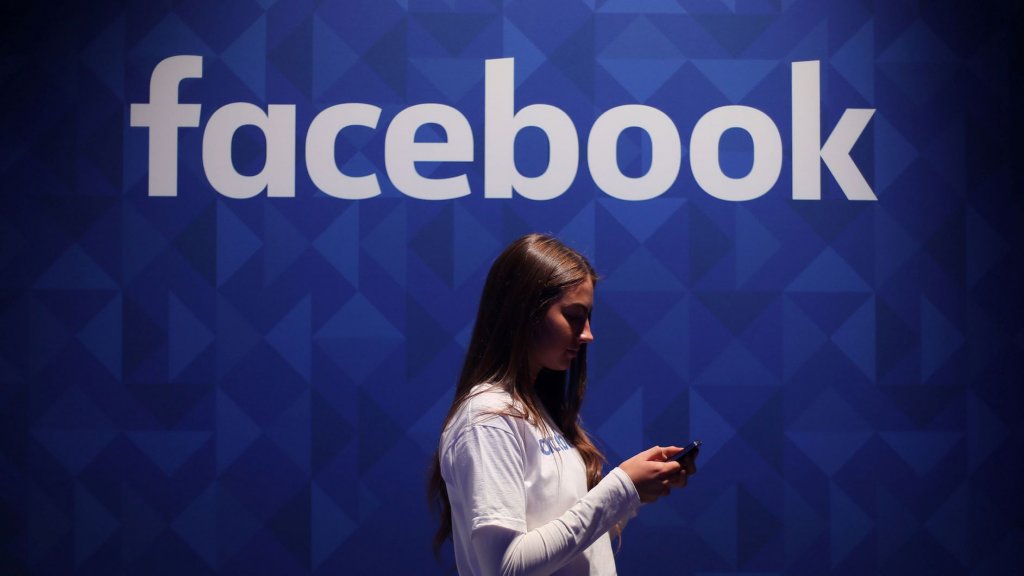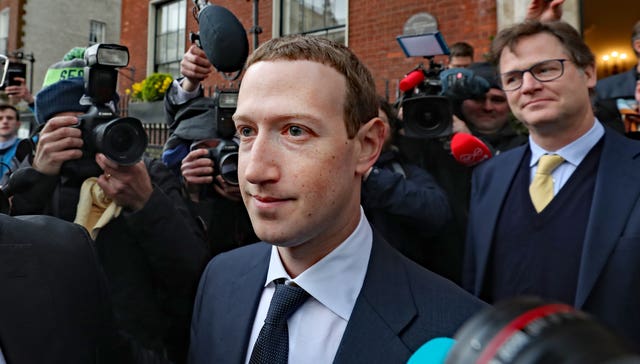
Facebook has set out fresh commitments to protect elections from interference and misinformation should the UK go to the polls.
But it maintains that it is not their responsibility to be “setting the rules of the game or calling the shots”.
The social network said it will set up a dedicated operations centre if a general election is called, which will serve as an added layer of defence, monitoring and removing activity that breaks its rules faster than present.
From next week, adverts relating to social issues such as immigration, health and the environment will have to go through the same verification process as political adverts, which requires advertisers to share who they are and where they live.
Posts reported by Facebook’s UK fact-checking partner Full Fact found to contain fake news will also feature more prominent labelling.
But writing in the Daily Telegraph, Facebook’s vice president of policy solutions, Richard Allan, said new rules for the era of digital campaigning need to be decided by Parliament and regulators.
“While we are taking a number of steps, there are many areas where it’s simply not appropriate for a private company like Facebook to be setting the rules of the game or calling the shots,” he explained.
“For instance, we do not believe it should be our role to fact check or judge the veracity of what politicians say – not least since political speech is heavily scrutinised by the media and our democratic processes.”
He continued: “UK electoral law needs to be brought into the 21st century to give clarity to everyone – political parties, candidates and the platforms they use to promote their campaigns.
“The law may not be changed before Britain goes to the polls again, but we are determined to play our part in protecting elections from interference by making our platform more secure and political advertising more transparent.”

The move is the latest balancing act for Facebook, as it seeks to champion freedom of speech against a backdrop of misinformation campaigns.
On Monday, it took down more so-called co-ordinated inauthentic behaviour from Iran and Russia, targeting the US, North Africa and Latin America.
Facebook is also attempting to bolster its efforts against interference ahead of US presidential elections in 2020, including a special security tool for elected officials and candidates that checks their accounts for hacking attempts, as well as a new US presidential candidate spend tracker.
The social network has pledged to add more information about who is behind a page, starting with large pages in the US.
From next month, Facebook said it will start labelling media outlets that are wholly or partially under the editorial control of their government, as state-controlled media.
Jamie Harris is PA Science Technology Reporter.